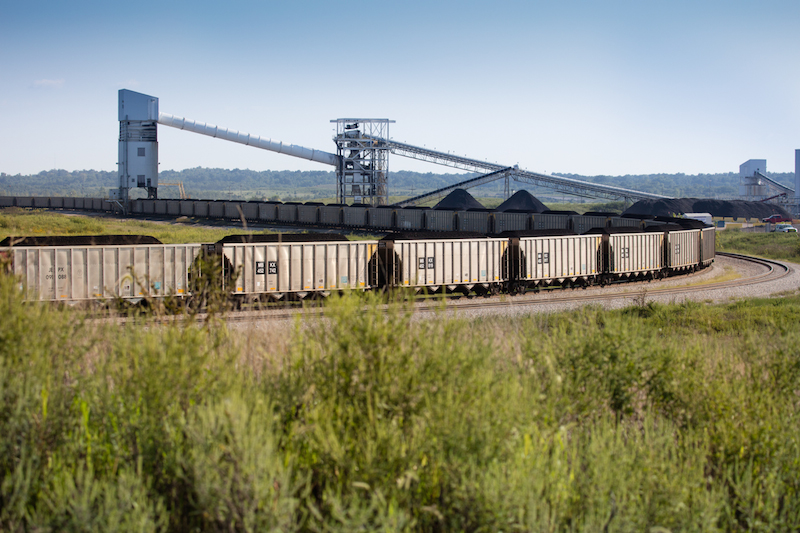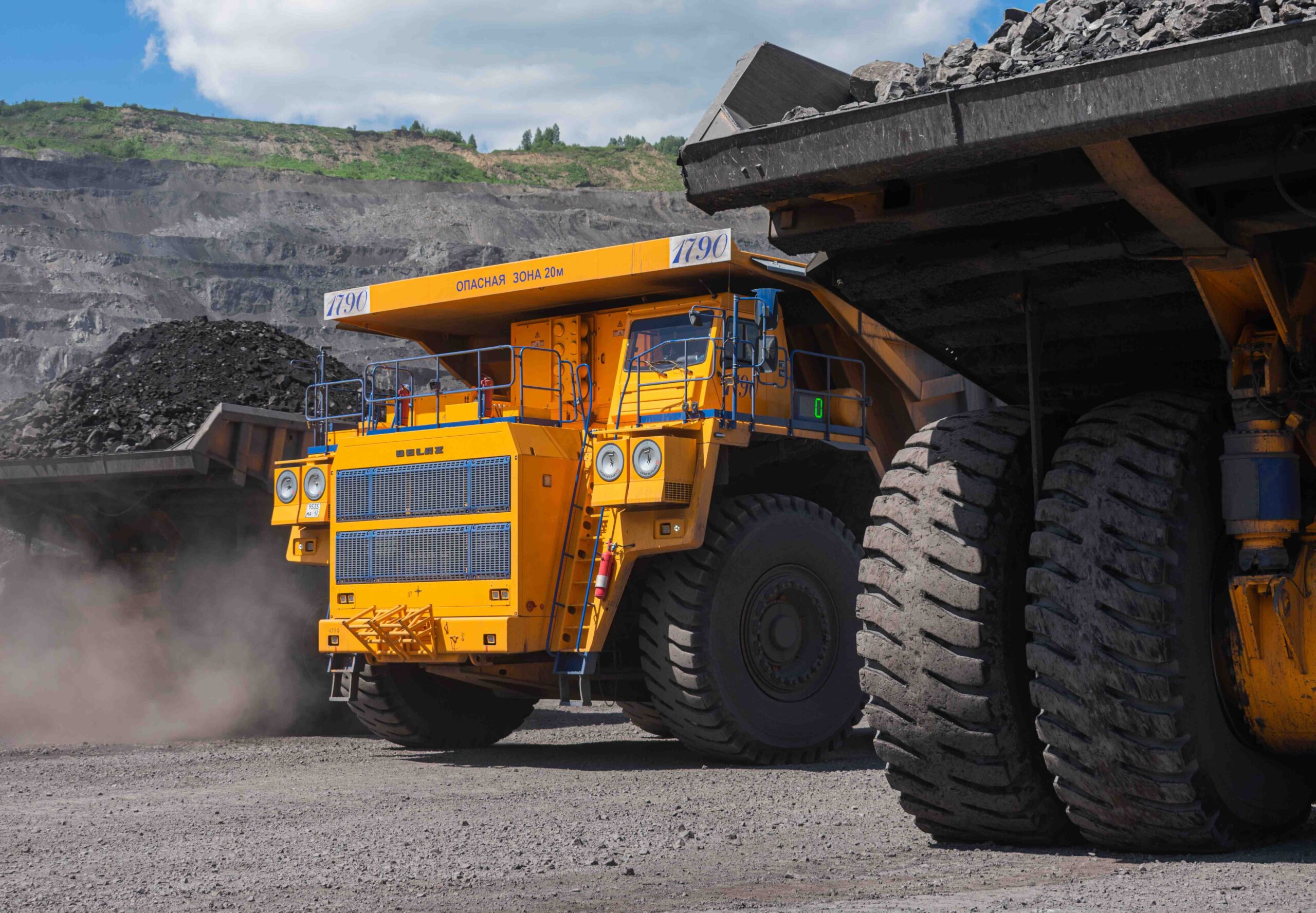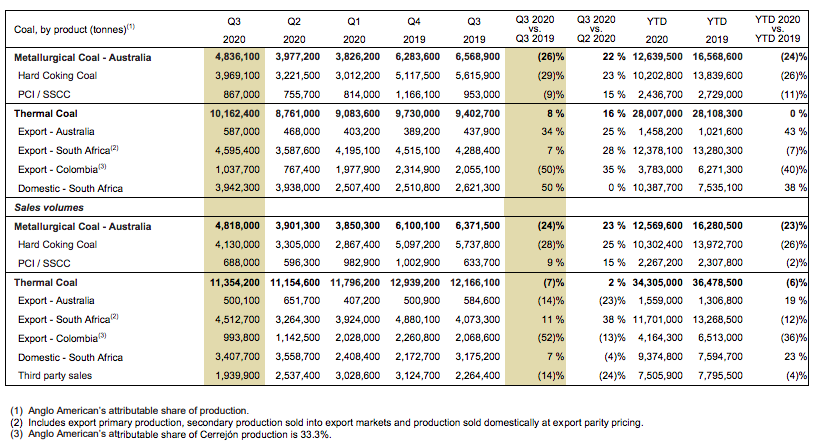
Extract from Peabody quarterly results delivered on 4 February. Seaborne thermal coal markets have recently shown signs of improvement with Newcastle forward prices averaging over $80 per tonne in 2021.
Colder than expected weather across Asia and Europe has resulted in record high power generation in key markets, driving global LNG prices significantly higher and supporting increased seaborne thermal coal demand.
In addition, seaborne thermal supply has been impacted by severe wet weather in Indonesia as well as COVID-related production disruptions in China and labor issues in Colombia. While global thermal coal demand will ultimately be dependent on the timing and scale of a COVID recovery, Peabody’s seaborne thermal segment is well positioned to serve that demand.
Over the past five years, the company’s seaborne thermal segment has averaged costs per ton of approximately $31, remaining competitive in nearly any pricing environment. While seaborne met coal pricing has improved from 2020 lows, disrupted metallurgical trade flows have contributed to short term pricing volatility.
In addition, limitations on Australian imports into China as well as the scope and scale of a steel recovery in traditional regions continue to weigh on markets. China has continued to not import Australian coals even as the spread between Australian and non-Australian premium hard coking coals reached an all-time high in January, resulting in China paying a significant premium for non-Australian met coal.
However, outside of China, demand has started to pick up in the traditional markets of Japan and Korea as well as India.
Peabody remains focused on improving its seaborne met segment cost profile, particularly at Shoal Creek and Metropolitan, and will continue to be cautious and deliberate in its actions to resume production at currently idled operations.
U.S. thermal coal markets continue to be heavily influenced by natural gas prices, growth in renewable generation and weather. In 2020, coal’s share of the generation mix declined to 19 percent from 23 percent in the prior year, while natural gas’ share rose to 40 percent as prompt natural gas prices averaged $2.13 per mmBtu.
While current natural gas forward prices are above a key competitive mark of $2.50 per mmBtu, coal demand continues to be impacted by secular decline. Peabody remains committed to continuing to serve its customers from its low-cost operations, which have reduced full year costs per ton by 12 percent compared to the prior year, despite lower shipments.
Source: Peabody Press Release
Follow on Twitter:
[tfws username=”peabodyenergy” height=”700″ width=”350″ theme=”light” color=”#FAB81E” tweets=”2″ header=”yes” footer=”yes” borders=”yes” scrollbar=”yes” background=”yes”]



